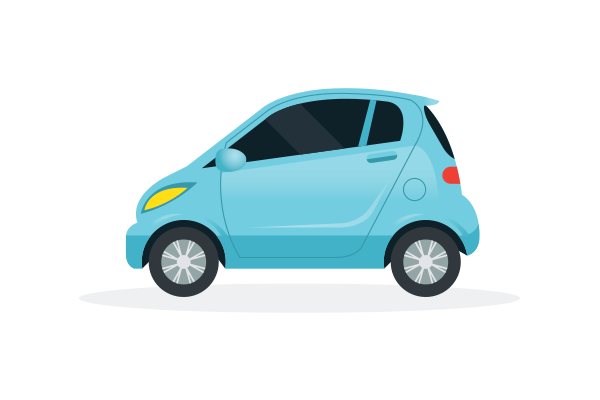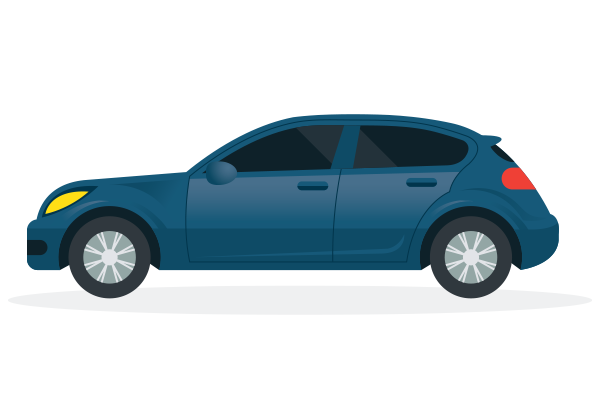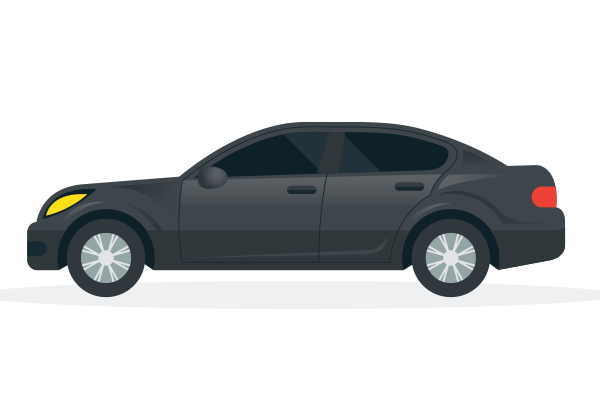Electric Car Need to Knows!
By 2030, the UK Government will phase out the sales of Petrol and Electric which means that electric vehicles will be more popular over the forthcoming years.
There are lots of people who already have “range anxiety” and they don’t even run or own an electric car, but they are intrigued on how an electric car works so we’re here to cover a few key points to help with the leap to an electric cars.
How do I charge the car when I’m at home?
Home charging is one of the cheapest ways to charge your electric car and there are lots of incentives in place for adding a charging box. Government grants and even some manufacturer incentives will make installing a home wall charger much cheaper and when these are paired with an “EV Friendly” tariff like Octopus Energy.
How much range will I need from an Electric Car?
If you only do a short commute to your workplace in the morning or you do fewer than 100 miles per week, then a car with a shorter range will be perfect. Those who travel a little further will need to opt for a car with a larger battery. If you do travel some miles, it’s also worth looking at the charging networks as some require a subscription.
Is it cheaper to buy or lease an electric car?
The purchase prices of an EV is substancially higher than a fossil fueled ICE car, but government grants are available to lower the cost of buying an electric vehicle. Although these Electric Vehicle grants have recently been reduced by the Government.
Charging your Electric Vehicle is where you will save some money over a fossil fuelled car. With 100 miles costing approximately £6-7.
As we’ve mentioned already, charging at home will depend on your energy providers tariff. There are a few companies who offer “EV Friendly” tariffs, especially if you are charging your car overnight.
With an average Electric Vehicle, adding 200 miles of range at home on a car that has a 60kWh battery, you’ll be paying around £8-9, which is a huge saving over a petrol or diesel car.
How do I charge my electric car out and about?
At the moment charging stations in the UK are around the 35,000 connections made up of 20,000 charge points in 13,000 locations according to ZapMap.
The majority of these (26%) are located in central London with the balance spread out across the UK. Companies who provide chargers are rolling these out in more and more places and at the sametime making it easier to charge with contactless payments over subscriptions.
On top of this, the public chargers being rolled out are quicker with ionity offering 350kWh charging and Tesla offering 250kWh at their new V3 superchargers. Allowing you to top up the battery quicker.
Are there any other benefits to Electric Vehicles?
As well as the cost-saving, a major positive to electric vehicles is how quiet they are and with fewer moving parts, maintenance isn’t required as often.
Brake regen, which effectively turns the car into a large dynamo when braking, uses kinetic energy to top the battery up. The benefit of this is that the brake discs and pads are required, which means they don’t have to be replaced as often.
The road from fossil fuels to fully electric
If you’re looking at making the journey from an ICE car to a fully electric, we can help you trial these vehicles utilising our car subscription and short-term car lease fleet. These programs allow you to see how EV’s and PHEV’s fit into your fleet or day-to-day life.
Call the team today on 01332 290173 or complete the Online Form below to find out more information
The post What you need to know about making the switch to an EV appeared first on Cocoon Vehicles Ltd.








